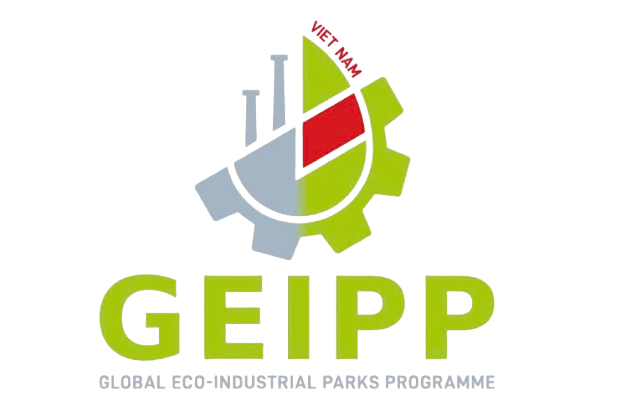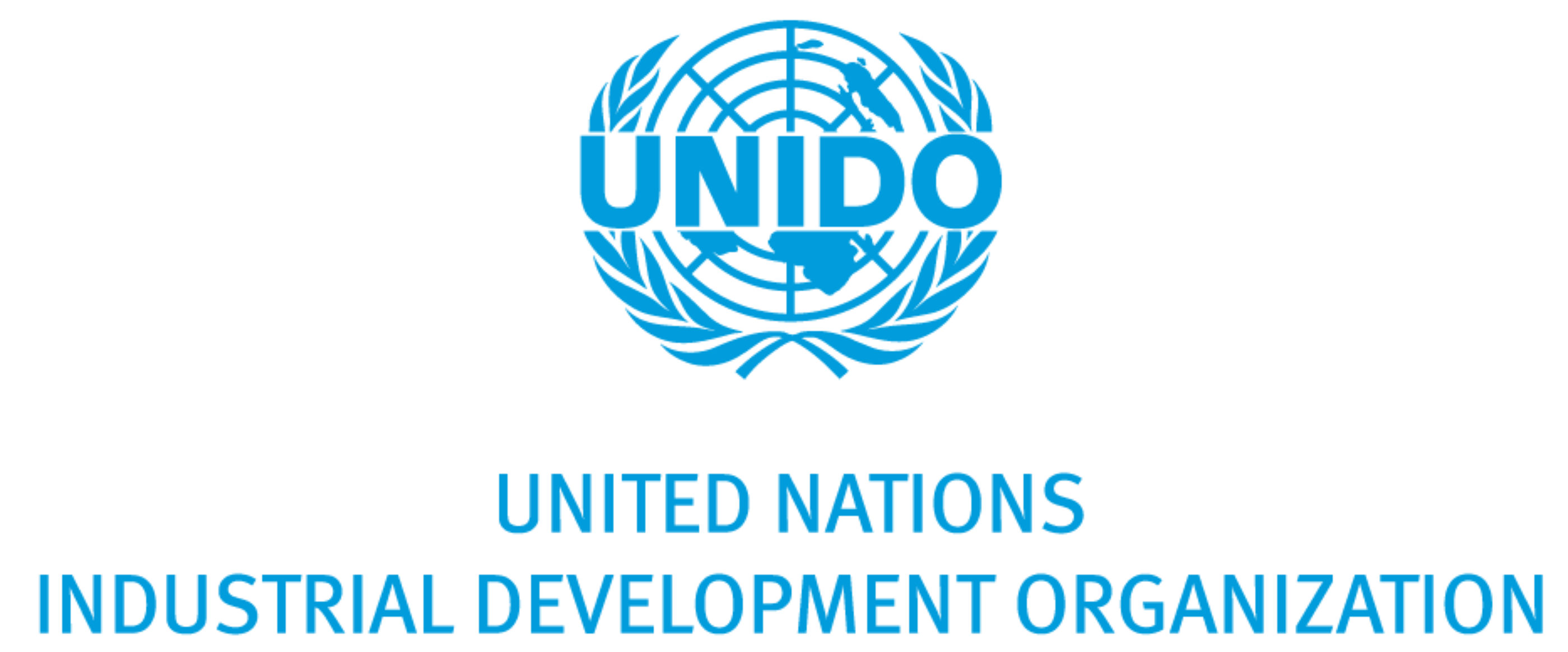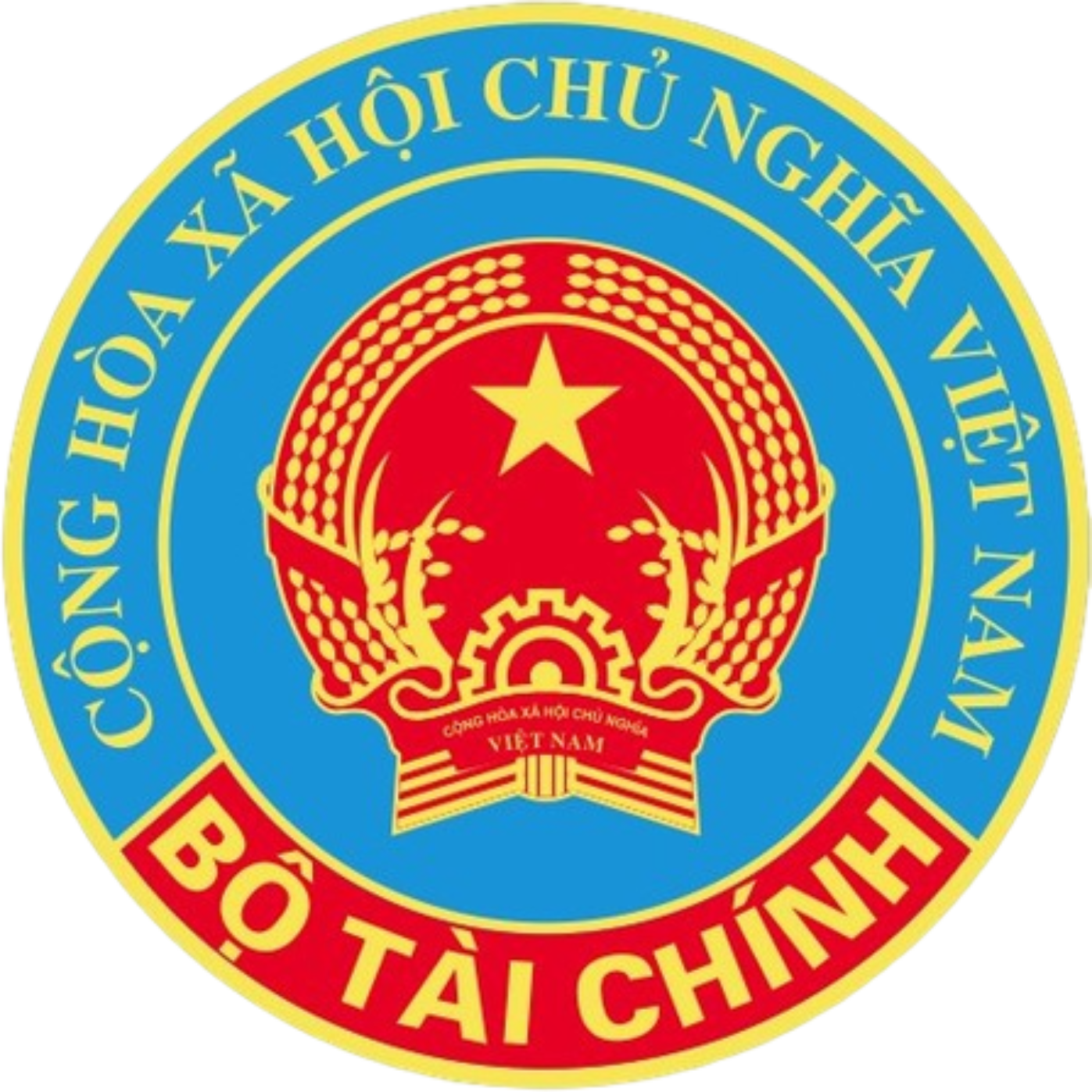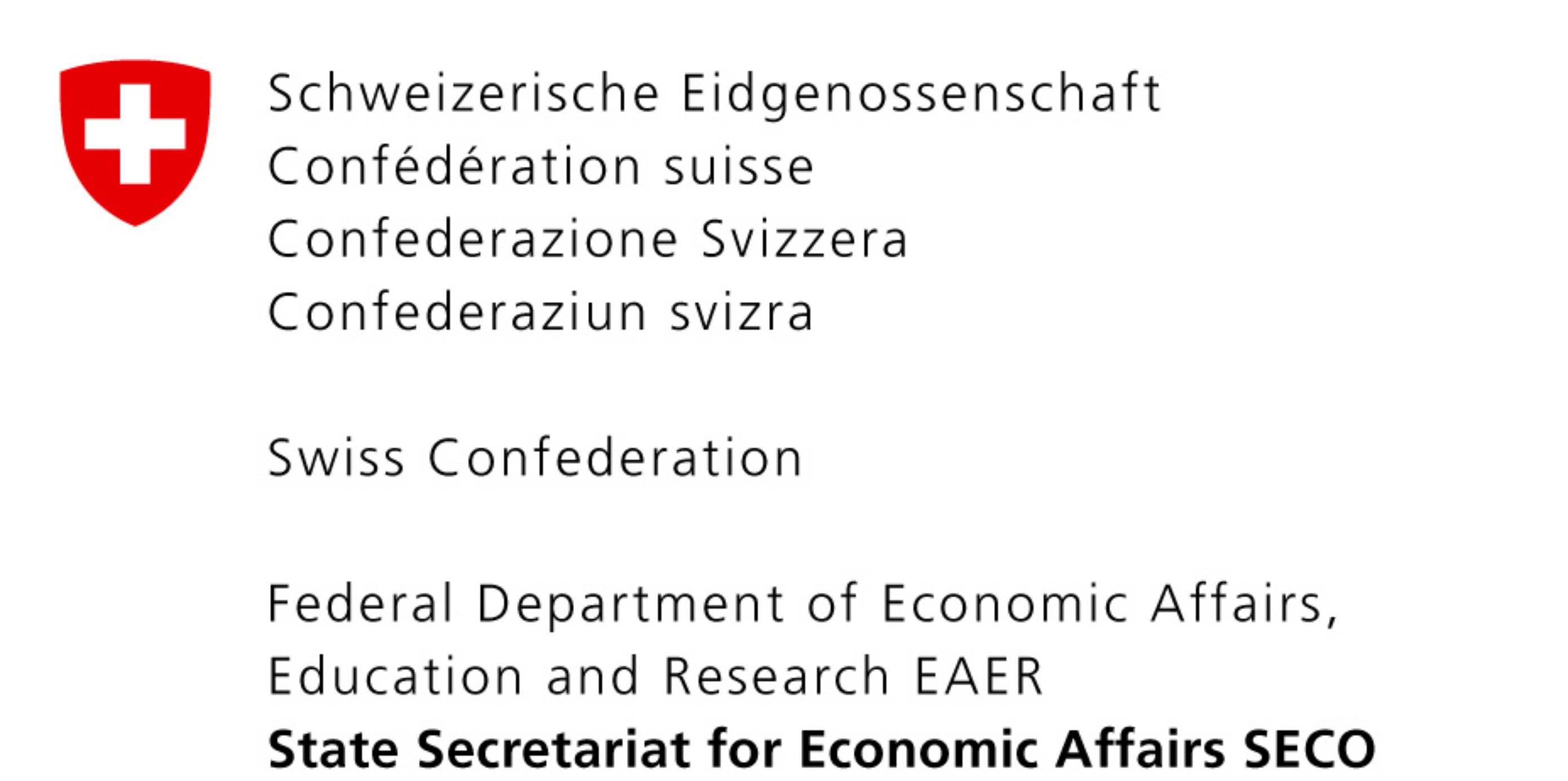Hanoi, 7 May 2025 – As part of the project "Scaling Up Eco-Industrial Park Approaches to Promote Circular Economy in Vietnam” (GEIPP Viet Nam), funded by the Swiss Government through the State Secretariat for Economic Affairs (SECO) and implemented by the United Nations Industrial Development Organization (UNIDO), a delegation from the Swiss Agency for Development and Cooperation (SDC) and the World Wide Fund for Nature (WWF) visited Hanoi and Hai Phong to visit DEEP C Industrial Park and FLAT Vietnam Co., Ltd.—one of the IPs and enterprises participating in the project. The visit aimed to explore the implementation of the Eco-Industrial Park (EIP) model in Viet Nam, with a particular focus on water resource management, circularity, wastewater reuse, and efficient and sustainable water use within industrial zones.
During the meeting at the Embassy of Switzerland in Hanoi, Mr. Andri Meier, Deputy Head of Cooperation, welcomed the delegation and emphasised the importance of transitioning to EIP models, highlighting the critical role of development partners and government coordination in scaling up this initiative.
Ms. Janine Kuriger, Head of Section Water at the SDC Head Office in Switzerland, expressed a strong interest in learning from the practical experiences of implementing water stewardship solutions in Vietnam's industrial zones, which are key actors influencing water quality. SDC is currently collaborating with WWF to implement water stewardship initiatives in the textile industry and other high-water-consuming sectors, with the goal of protecting water resources and river basins in the Mekong Delta. Through this visit, SDC and WWF aimed to gain deeper insights into EIPS, industrial symbiosis, wastewater reuse, and the multi-stakeholder coordination mechanisms involving authorities, industrial parks, and enterprises in water resource protection.
To provide a comprehensive overview, Ms. Nguyen Tram Anh, National Project Coordinator of GEIPP Viet Nam (UNIDO), presented the evolution of the EIP approach in Viet Nam since 2014 with SECO’s support. She emphasised that the EIP model promotes not only sustainable economic growth but also environmental improvements through the ecological transition of industrial parks.
Currently, the GEIPP programme applies international EIP indicators in combination with the national policy framework to enhance resource efficiency, foster cleaner production (RECP), enable industrial symbiosis, and strengthen park-level management, particularly in the field of water resource management.
In the afternoon, the delegation visited DEEP C Industrial Park in Hai Phong, one of six pilot industrial parks under GEIPP. Mr. Bruno Jaspaert, CEO of DEEP C, shared the industrial park’s development journey and key achievements driven by the EIP model.
Established in 1997, DEEP C spans 541 hectares and hosts over 100 investment projects with a total value exceeding USD 3.5 billion. Since joining GEIPP in 2022, DEEP C has implemented numerous initiatives promoting cleaner production, industrial-urban symbiosis, and efficient resource use.
As part of efforts to transition Dinh Vu Industrial Park (DEEP C) into an eco-industrial park, UNIDO, in collaboration with the Hai Phong Economic Zone Authority and DEEP C, carried out a Resource Efficient and Cleaner Production (RECP) assessment across 19 enterprises. The assessment revealed 139 RECP opportunities, along with 14 opportunities for industrial symbiosis and 5 for urban-industrial symbiosis.
To date, DEEP C Industrial Park has successfully implemented 51 cleaner production opportunities and is actively pursuing 40 additional opportunities. These efforts have yielded impressive results, including annual savings of 1.83 million kWh of electricity, 16.5 tons of LPG, and 299 tons of biomass; a reduction of 1,502 tons of CO₂ emissions per year; water savings of 90,323 cubic meters annually; and an estimated economic benefit of approximately VND 19.3 billion per year.
As part of the visit, the delegation toured DEEP C Industrial Park’s centralised wastewater treatment plant and the solar glass manufacturing facility of FLAT Vietnam Co., Ltd.—a foreign-invested enterprise with a total investment of USD 300 million. The company represents a model case of circular economy and water reuse at DEEP C, identified with technical support from UNIDO.
Currently, DEEP C discharges an average of 1,500 m³ of treated wastewater into the environment daily, while FLAT requires approximately 1 million m³ of water annually for production. This presents a significant opportunity for water use efficiency. Through GEIPP, UNIDO facilitated the development of a pre-feasibility study for reusing DEEP C’s treated wastewater for FLAT’s operations. If implemented, the model could deliver clear economic and environmental benefits and be replicated across other industrial parks nationwide.
Following the visit, experts from SDC and WWF commended GEIPP’s approach and implementation in Viet Nam, particularly the eco-industrial park model, which offers practical technical guidance to help industrial parks and enterprises enhance operational efficiency and move toward sustainable development. The programme was also praised for its effective facilitation of collaboration between industrial park developers and tenant businesses.
The visit also opened up promising opportunities for future collaboration, particularly in the areas of water resource management and enhancing the role of development partners in shaping and advocating for policies that promote efficient water use and green industrial development in Viet Nam.




